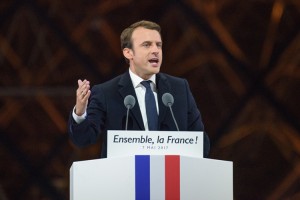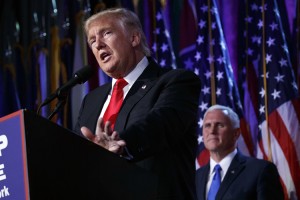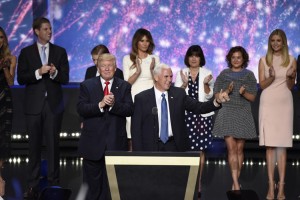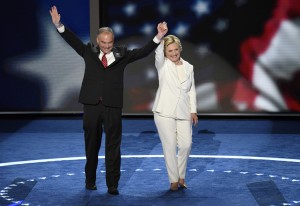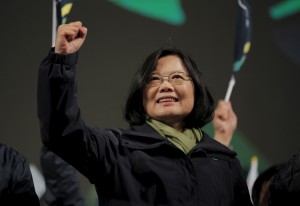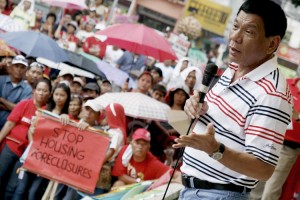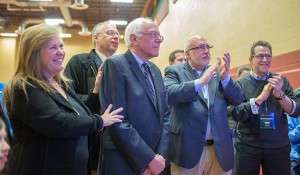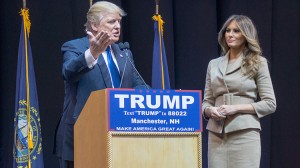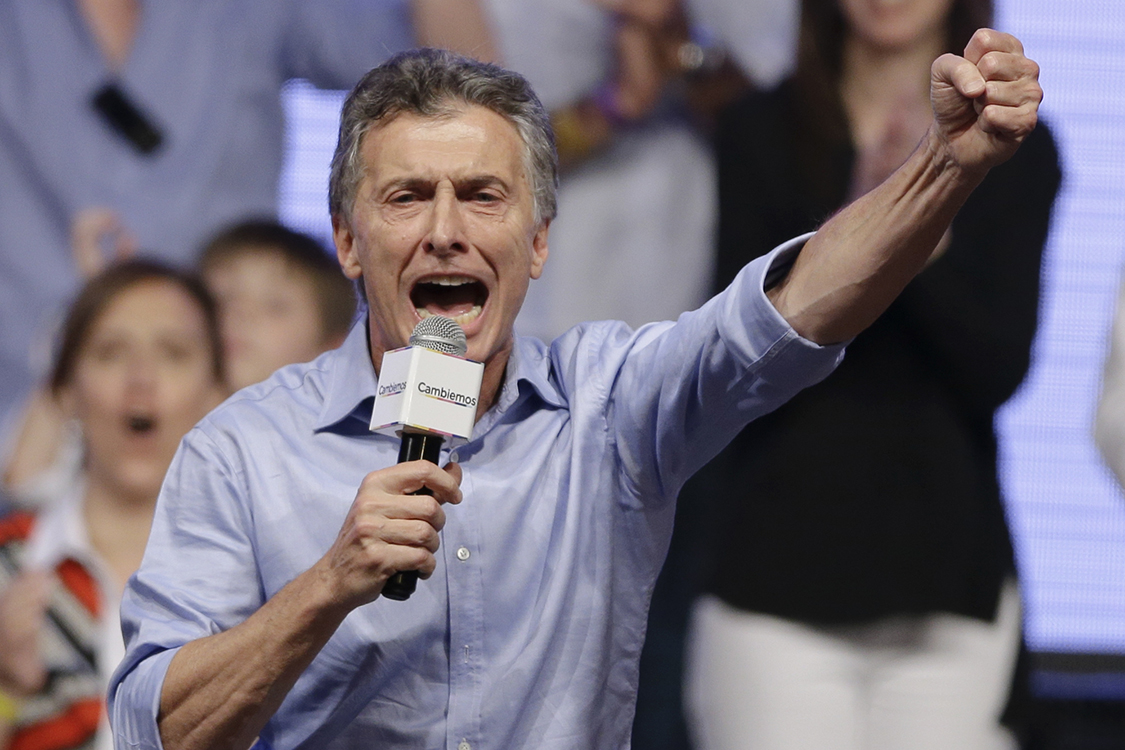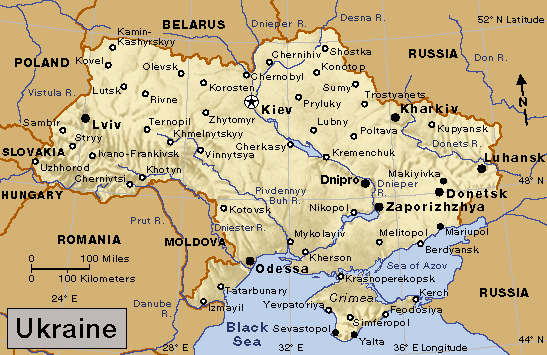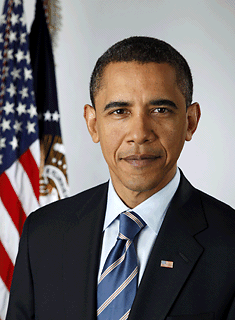Election Called for Biden
Monday, November 9th, 2020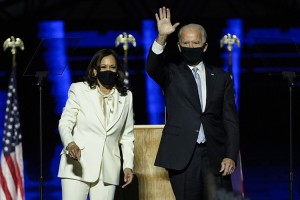
United States President-elect Joe Biden and Vice President-elect Kamala Harris speak in Wilmington, Delaware, on Nov. 7, 2020, after being declared the winners of the presidential election by several major television networks and news organizations. Both wear masks to help limit the spread of COVID-19.
Credit: © Andrew Harnik, AFP/Getty Images
The 2020 United States presidential election entered its final phases on November 7. On that day, several major television networks and press organizations called the election in favor of former Vice President Joe Biden and his running mate, Senator Kamala Harris. In a victory speech in Wilmington, Delaware, Biden made a plea for national unity following the bitterly fought election. Biden’s opponent, President Donald Trump, refused to concede the election, however, and vowed to fight the results in court.
In-person voting took place on November 3, but the race was so tight that no definitive result was available for days. Trump, who had encouraged his supporters to vote in person, took several early leads on election night. In the early hours of November 4, he addressed his supporters from the White House, declaring victory and making widespread accusations of voter fraud. However, several key races were still undecided, and many Biden supporters had voted by mail. As the Trump campaign filed lawsuits in an attempt to stop the counting of remaining votes—many of them mail-in ballots—the battleground states of Michigan and Wisconsin were called for Biden. Biden then overcame an early Trump lead to tip Pennsylvania, giving him the electoral votes to take the race. Georgia was also soon called for Biden, although the slim vote margin will likely lead to a recount.
Biden served as vice president of the United States from 2009 to 2017. In 2008, Biden and Senator Barack Obama, who was elected president, defeated their Republican opponents, Senator John McCain of Arizona and Alaska Governor Sarah Palin. In 2012, Obama and Biden were reelected. They defeated former Massachusetts Governor Mitt Romney and former U.S. Representative Paul Ryan of Wisconsin. Before becoming vice president, Biden had represented Delaware in the United States Senate since 1973.
Senator Kamala Harris became the first woman vice president-elect. She was already the first Black woman and the first person of Indian descent to be placed on the presidential ticket of a major political party. Before becoming a member of the United States Senate in 2017, Harris served as attorney general of California. Attorney general is the state’s chief law officer.

